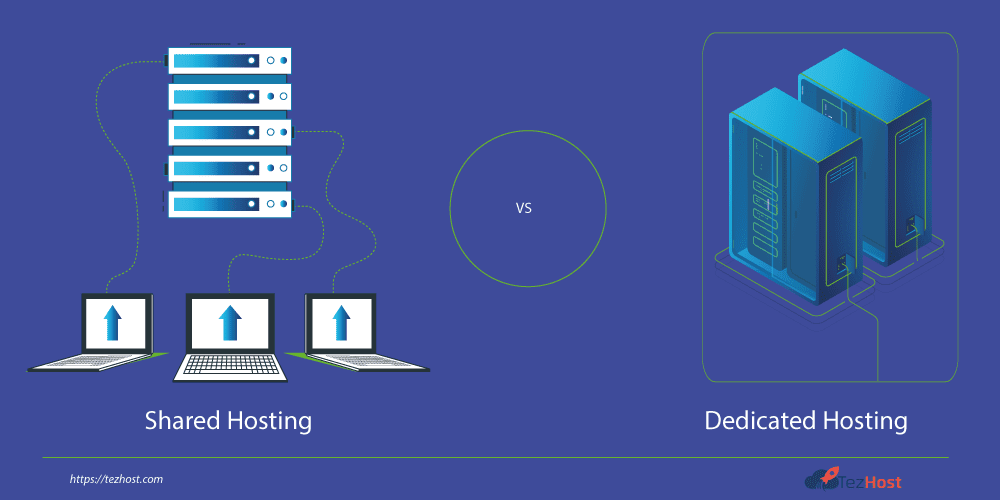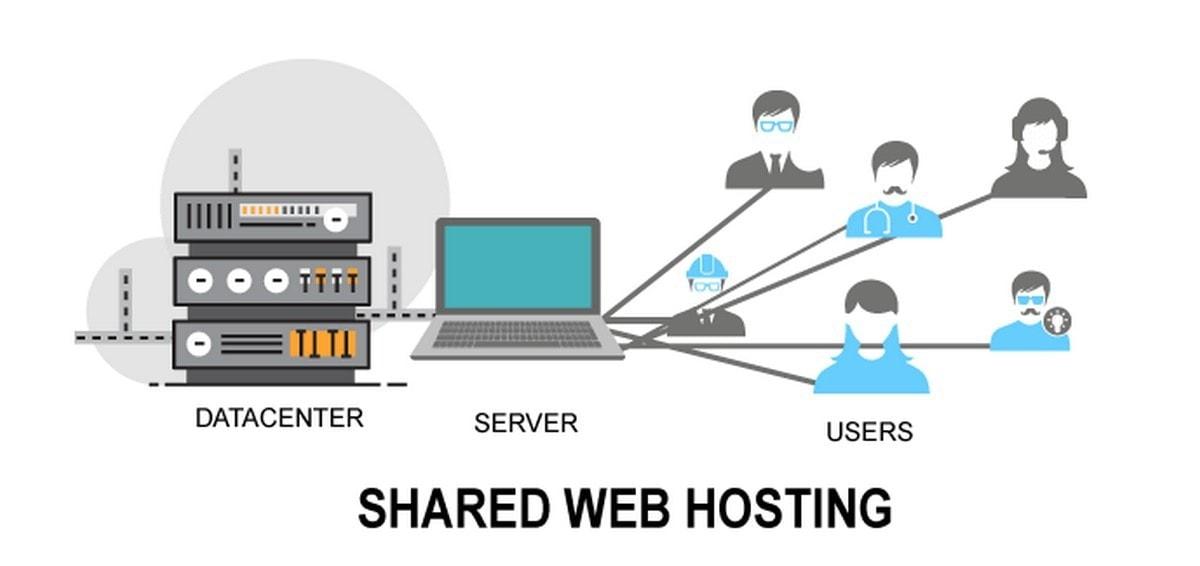Managing and Scaling Your Shared Hosting Account
You may have begun to feel the limitations of your shared hosting account if you manage a website with increasing resource requirements and traffic. Although shared hosting is an affordable and straightforward choice for small to medium-sized websites, it might need help to handle the rising traffic and resource requirements of an expanding website. This blog post will discuss best practices for managing and scaling your shared hosting account to meet your growing needs.
Let’s start without further ado!
Understanding Your Shared Hosting Account
Before we dive into best practices for managing and scaling your shared hosting account, it’s essential to understand what shared hosting is and the resources it offers:
What is Shared Hosting?
Shared hosting is a type of web hosting where multiple websites share a single server and its resources. Shared hosting is a cost-effective option for small to medium-sized websites as the cost of the server is shared among many websites.
Limitations of Shared Hosting:
Shared hosting does have its limitations. Since multiple websites share a single server, the resources allocated to each website are limited.
As a result, if one website experiences a sudden spike in traffic or resource usage, it can affect the performance of other websites on the same server. This can result in slow website loading speeds, crashes, and downtime.
Identifying Your Traffic and Resource Needs:
You must identify your traffic and resource needs to manage and scale your shared hosting account. This will help you determine if your current hosting plan is sufficient or if you need to upgrade to a higher-tier plan or a different type of hosting altogether.
Best Practices for Managing and Scaling Shared Hosting
1. Regular Monitoring of Traffic and Resource Usage
Regularly monitoring your website’s traffic and resource usage is essential for managing and scaling your shared hosting account. Several tools are available to help you monitor your website’s traffic and resource usage, such as Google Analytics and AWStats. Regularly monitoring your website’s traffic and resource usage can identify patterns and trends and adjust your hosting plan accordingly.
2. Optimizing Website Performance
Optimizing your website’s performance is essential for managing and scaling your shared hosting account. Several ways to optimize your website’s performance include caching and content delivery networks (CDNs), minimizing HTTP requests, and optimizing images.
Caching temporarily stores website content on a user’s device to reduce server requests and load times. Content delivery networks distribute website content across multiple servers worldwide, reducing the distance between users and the website’s server, which can also reduce load times.
Reducing the number of requests a website sends to the server through HTTP requests can speed up load times. It can be accomplished by using CSS sprites, minimizing the number of plugins and scripts on your website, and code optimization. Compressing images to reduce their file size helps speed up page loads. It is known as image optimization. You can optimize your images using several tools, including TinyPNG and Compressor.io.
3. Managing Databases
Managing your website’s databases is another vital aspect of managing and scaling your shared hosting account. Regular backups are essential to ensure that your website’s data is not lost in the event of a server failure or other issues. Optimizing database queries can also improve website performance by reducing the time it takes to retrieve data from the database.
4. Scaling resources
Scaling your resources is essential for managing and scaling your shared hosting account. Consider adding resources or upgrading to a higher-tier hosting plan to accommodate high traffic and resource needs. Many hosting providers offer scalable hosting plans that allow you to add resources as needed.
Note: If your website’s traffic and resource needs continue to grow beyond the capabilities of shared hosting, you may need to consider upgrading to a virtual private server (VPS) or dedicated hosting. VPS hosting offers more resources and flexibility than shared hosting, while dedicated hosting offers an entire server dedicated to your website.
Common Shared Hosting Problems and Their Solutions
Despite the advantages of shared hosting, website owners may encounter several typical problems. Your website’s performance can suffer from common issues such as slow loading times, crashes, and downtime.
As was covered before in this post:
- Optimizing website performance is one way to speed up a slow-loading website.
- Regularly monitoring your website’s traffic and resource usage and scaling resources as needed can prevent website crashes and downtime.
- The software and plugins on your website can be updated frequently to fix security flaws.
- You should also use an SSL certificate to secure user data.
Conclusion
Managing and scaling your shared hosting account is crucial for meeting your business’s growing traffic and resource needs. It’s also critical to be knowledgeable about typical problems with shared hosting and how to fix them. To ensure that your website performs well as it expands, follow the
TezHost Editorial
TezHost Editorial staff is a team of Marketing experts lead by Arif Wali
Comment:






No Comments yet!